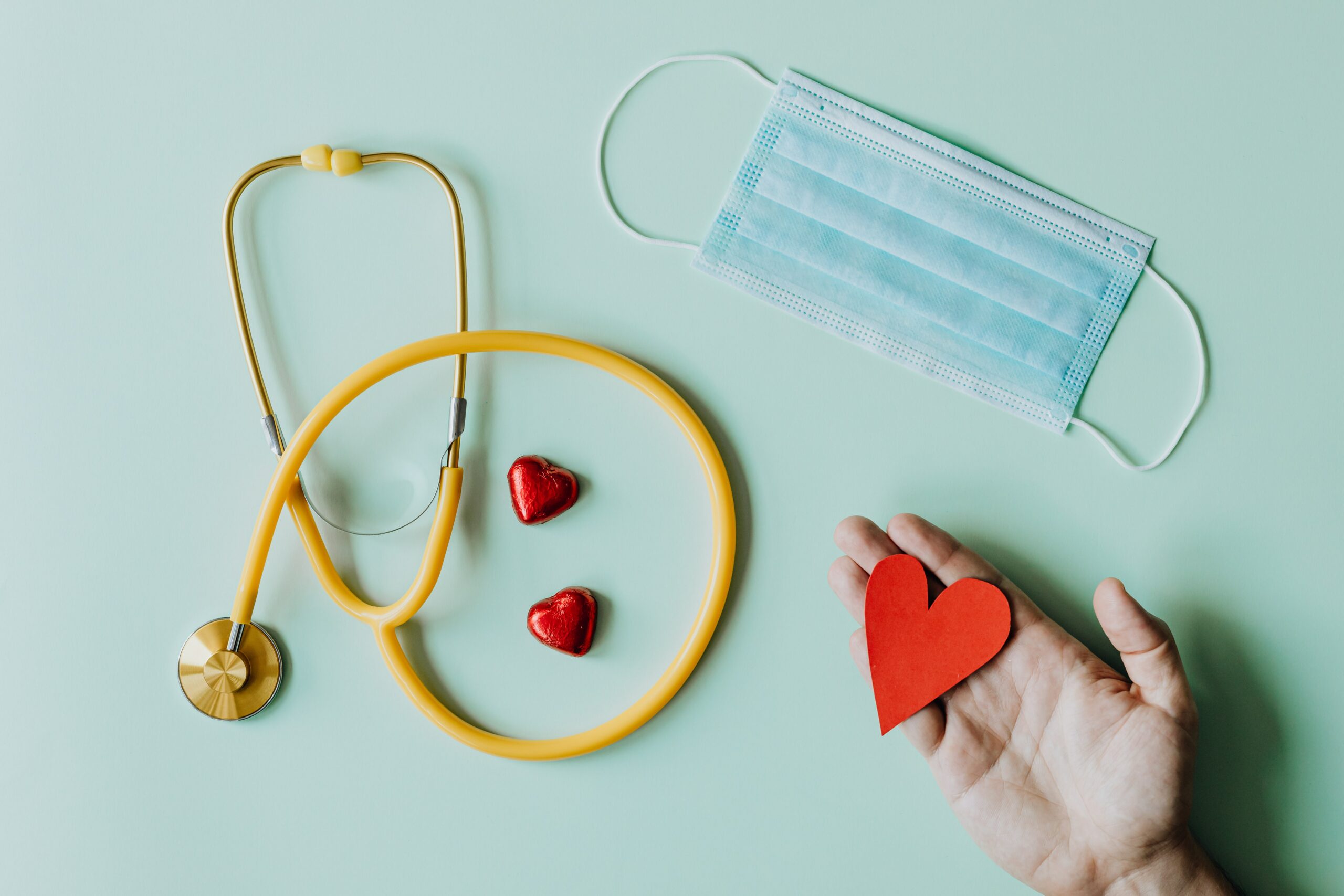Your body is primarily water; every organ, tissue, and cell inside the body needs water to function correctly. Precisely how much water we each require can vary depending on the individual. Still, the general goal of drinking eight glasses of water a day has long been considered a healthy baseline standard for adults. If you don’t drink enough water, dehydration could cause a wide range of effects.
Lack of energy
Fluid loss can decrease blood volume and place excess strain and pressure on the heart to deliver oxygen and nutrients. Failure to replenish these essential fluids results in diminished energy levels and fatigue. If you constantly feel tired and lack energy, you may need to boost your fluid intake.
If you become dehydrated, you must replace fluids and electrolytes as efficiently as possible. One of the quickest ways to restore hydrational balance to your body is through IV hydration in NJ. Dehydration IV therapy can be administered in the comfort of your home for those without the energy to travel to the nearest health center or clinic. An IV drip can effectively treat dehydration by including nourishing fluids and electrolytes to restore energy levels and promote whole-body wellness.
Can have a negative impact on heart and kidney health
Not drinking enough water can increase the risk of kidney problems. Severe dehydration can cause kidney damage because it leads to a buildup of waste and acids, clogging the kidneys. Kidney stones can form when you don’t drink enough water. Dark or saturated urine color is an easy-to-recognize indicator of dehydration, with infrequently urinating as another.
When you do not drink enough water, your heart has to beat faster to get the blood circulating, increasing your heart rate and blood pressure. When this happens, it can increase the risk of having a heart attack.
Can negatively impact your immune system
Insufficient water makes eliminating toxins and waste materials more challenging for your body, making it susceptible to infection. If you get sick frequently, it could be a result of a weakened immune system lacking the strength to combat invading infections the way it should.

Phot credit Pexels
Drinking water helps your body eliminate toxins, waste, and harmful bacteria, strengthening your immune system and overall health.
May contribute to weight gain
If you don’t drink enough water, it can slow down your metabolism. Your body works hard to eliminate toxins stored in your fat cells. These cells won’t release the fat until the body is hydrated enough to remove the accumulated toxins safely. Drinking enough water may improve your metabolism and decrease your appetite.
Sometimes you may mistake thirst for hunger, meaning you eat more when you need more water. Try drinking water first and see if that satisfies you. It’s essential to listen to the cues your body gives you so it can give it what it needs.
May cause digestion problems
Not adhering to your hydrational requirements negatively affects your body’s capacity to digest food properly, forcing the body to extract water from your waste to compensate for fluid loss, which leads to harder stools that are difficult or painful to pass. Stomach ulcers or acid reflux issues can also present themselves if dehydration goes untreated over a prolonged period.
Drinking more water could relieve constipation if your bowel movements are infrequent and irregular. Adequate hydration can be challenging if you have a diet-related illness that can cause significant fluid loss. It is imperative to monitor fluid intake in such cases to help manage symptoms.
Contributes to dull or saggy skin
Dehydration shows up in dry skin that’s less elastic and plump. Your skin shows more signs of aging, such as fine lines and wrinkles. Drinking more water can increase skin elasticity and help it rebound from sagginess. That’s why moisturizing and hydrating products are critical in your skin care regimen. They complement your water intake and make the skin soft and supple.
Last Words
Water is essential for a significant number of bodily processes. A lack of water could be the reason for many different health problems, including physical and mental ones. Increasing your water intake could help you to determine if this is the case. You may find that many of your symptoms, like a lack of energy, digestion problems, or dry skin, are simply due to a lack of water.
Cover image credit Pexels
Recommend0 recommendationsPublished in Uncategorized